What’s the Buzz
The Bee Healthy Blog
ACE Inhibitors vs. Beta Blockers to Treat High Blood Pressure
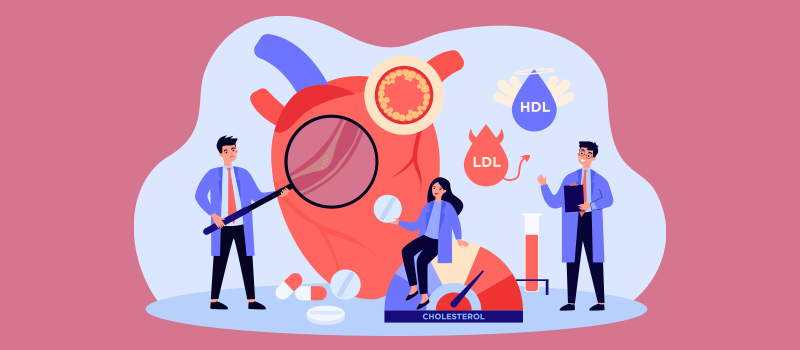
Some 116 million Americans (nearly half the adult US population) have hypertension (high blood pressure) or are taking medication to lower blood pressure. High blood pressure is defined as systolic blood pressure (the top number) greater than 130 mmHg or diastolic blood pressure (the bottom number) greater than 80 mmHg. Yet, only about 1 in 4 adults with high blood pressure have their condition under control.
There are several effective blood pressure medications available to control blood pressure. Please continue reading to learn more about two commonly prescribed classes of high blood pressure medications — ACE inhibitors and beta-blockers.
We will discuss their mechanisms on blood pressure reduction, side effects, and more in detail. The goal is to help you understand these drugs so you can work with your doctor to find the best blood pressure medication for you.
What are ACE inhibitors? How do they work to lower blood pressure?
ACE inhibitors block the “angiotensin converting enzyme.” By doing so, ACE inhibitors inhibit the conversion of angiotensin I to angiotensin II. Angiotensin II is a hormone that causes blood vessels to narrow, contributing to high blood pressure and increased workload on the heart. As a result, by blocking the production of angiotensin II, ACE inhibitors effectively reduce blood pressure.
Examples of ACE inhibitors include lisinopril (Zestril, Prinivil), enalapril maleate (Vasotec), and benazepril (Lotensin).
What are beta blockers? How do they work?
Beta-blockers or beta-adrenergic blocking agents are a family of drugs that block the effects of hormones epinephrine (adrenaline) and norepinephrine; this slows down the heart rate and helps the heart to beat with less force. In addition, beta blockers also work to dilate blood vessels, improving blood flow and blood pressure control. These are different mechanisms contributing to beta blockers’ blood pressure reduction effects.
Examples of beta-blockers include atenolol (Tenormin), acebutolol (Sectral), and bisoprolol (Zebeta).
How are ACE inhibitors different from beta-blockers?
Health Conditions Treated
ACE inhibitors are commonly prescribed to treat high blood pressure, coronary artery disease, and heart failure and provide renal protection for patients at certain stages of chronic kidney disease. They can also help reduce the risk of death after a myocardial infarction (heart attack).
Beta blockers treat high blood pressure, congestive heart failure, abnormal heart rhythms, tachycardia (rapid heartbeat), and chest pain. They are also used for non-cardiac health conditions such as anxiety, migraines, and glaucoma.
Common Side Effects
ACE inhibitors can cause side effects such as dry cough, dizziness, and headache. Potential beta blocker side effects include fatigue, weight gain, and cold extremities.
Warnings
Both drug classes — ACE inhibitors and beta blockers — may not be safe for use during pregnancy because they can increase the risk of birth defects in the baby.
In addition, ACE inhibitors can cause hyperkalemia (excessive blood potassium levels). Angioedema is another infamous side effect of ACE inhibitors with the hallmark signs of swellings of the lips, tongue, and face. Angioedema is more prevalent in African-American patients. If you experience any signs and symptoms of angioedema, you must get emergency medical care immediately, as it can be life-threatening. Also, make sure that this side effect is noted in your medical history because you should never be reintroduced to any ACE inhibitor again.
If you take a beta blocker for heart failure, you should be aware that, ironically, beta blockers can worsen your heart condition. You should watch out for symptoms such as shortness of breath, chest pain, and leg or ankle swelling. You should let your doctor know immediately if you experience any of these symptoms. Another important fact about beta blockers is that they can mask the signs of low blood sugar. Therefore, if you have diabetes and are taking a beta blocker, you should regularly check your blood sugar as instructed to prevent very low blood sugar episodes.
Drug Interactions
Be mindful about taking NSAIDs if you’re taking an ACE inhibitor. Occasional use of an NSAID should not be problematic. However, long-term use of NSAIDs can decrease the effectiveness of ACE inhibitors.
On the other hand, beta blockers can also interact with numerous commonly prescribed medications; it is important to note that alcohol can decrease the effectiveness of beta blockers.
Which is better for high blood pressure - beta-blocker or ACE inhibitor?
Research has shown that drug therapy with ACE inhibitors and beta-blockers is equally effective in lowering blood pressure and preventing cardiovascular complications in people with primary hypertension.
Many people with high blood pressure do not have any symptoms. Doctors usually try an ACE inhibitor first in such individuals, particularly in previously untreated patients. If taking ACE inhibitors does not achieve the blood pressure goal, then hypertensive patients treated with an ACE inhibitor may require combination therapy. High-risk hypertensive patients, defined by your doctor, may require combination therapy from the initial dose itself. Interestingly, ACE inhibitors and beta blockers are not first-line therapy for Black patients due to data supporting thiazides and calcium channel blockers discussed later in this article.
However, if high blood pressure is accompanied by other symptoms such as anxiety or chest pain, then a beta blocker may be the preferred option because it can reduce blood pressure and help with these other conditions. Combination therapy with an ACE inhibitor and beta blocker in certain patients is not limited to the illnesses listed above.
Are beta-blockers better than calcium blockers?
Besides ACE inhibitors and beta-blockers, other medications such as thiazide diuretics, calcium channel blockers, alpha blockers, and angiotensin receptor blockers (ARBs) may be used for antihypertensive drug treatment. Comparing beta blockers and calcium channel blockers, both have good blood-pressure-lowering effects and can reduce the high cardiovascular risk associated with untreated hypertension.
What is the best and safest medication for high blood pressure?
Blood pressure medications can lower the risk of cardiovascular events like heart attack and stroke as well as the risk of cardiovascular death. Clinical trials have shown that the drug classes that are most appropriate as first-line therapy in hypertensive patients include thiazide-type diuretics, angiotensin converting enzyme (ACE) inhibitors, angiotensin II receptor blockers (ARBs), and calcium channel blockers.
Younger patients under the age of 50 years typically respond best to ACE inhibitors, ARBs, and beta blockers. However, beta blockers are not typically used for initial therapy or single drug therapy unless a specific medical condition requires this drug class. This is because beta blockers can cause more adverse effects, particularly in older patients.
Choosing blood pressure medications
The important thing to know is that even though they are all classified as “anti-hypertensives,” they are all unique in what they offer. This is why one drug works for one person but not another. For example, ACE inhibitors have been shown to be protective against worsening kidney function during kidney failure — don’t forget that this drug class also helps improve symptoms of congestive heart failure. In addition to essential hypertension, your history of cardiovascular disease (e.g., coronary heart disease, atrial fibrillation, or peripheral vascular disease) is also considered when deciding on the specific medication. It is common practice that your doctor may need to try you on a few blood pressure medications to see how you respond. You shouldn’t let the trial and error process discourage you. Instead, you should make healthful lifestyle changes, as they are as important as medications for your overall health.
References:
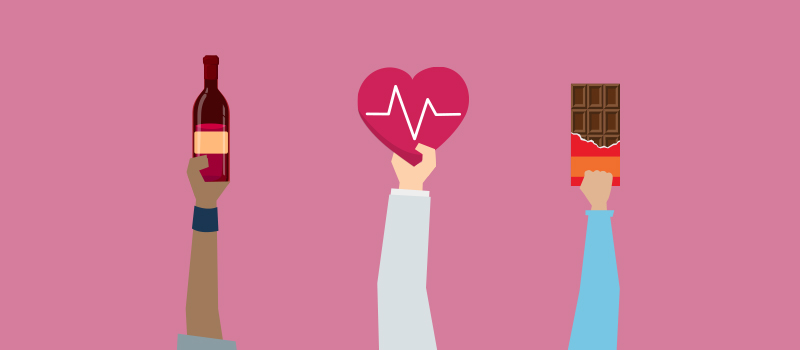


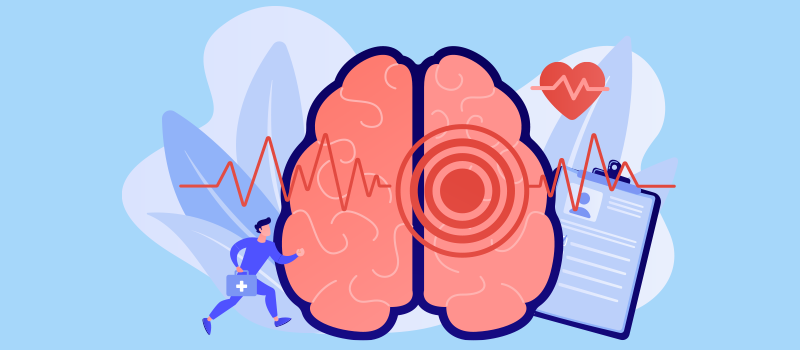
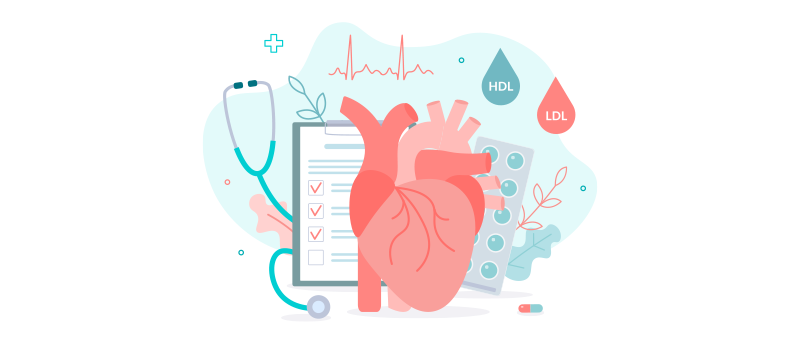

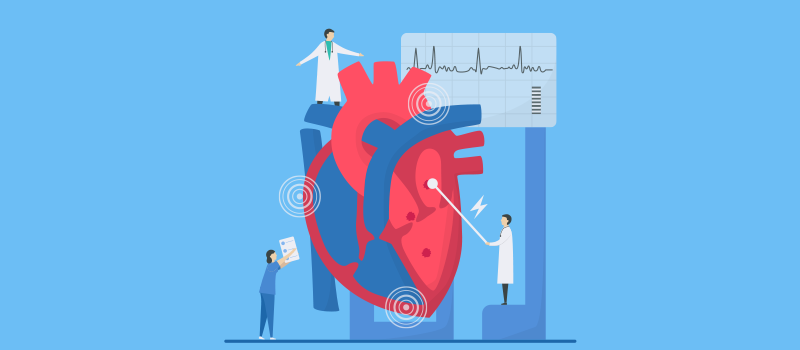
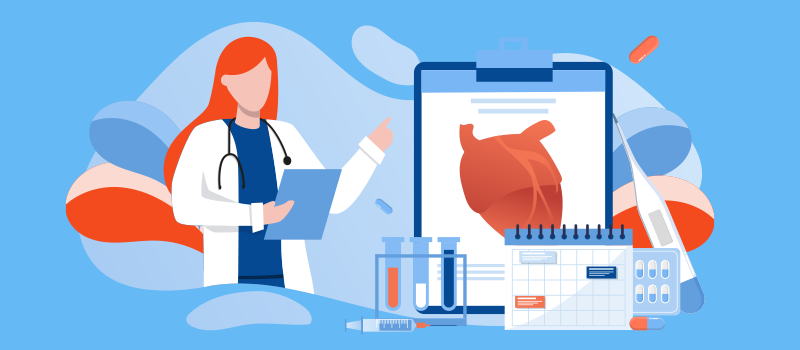
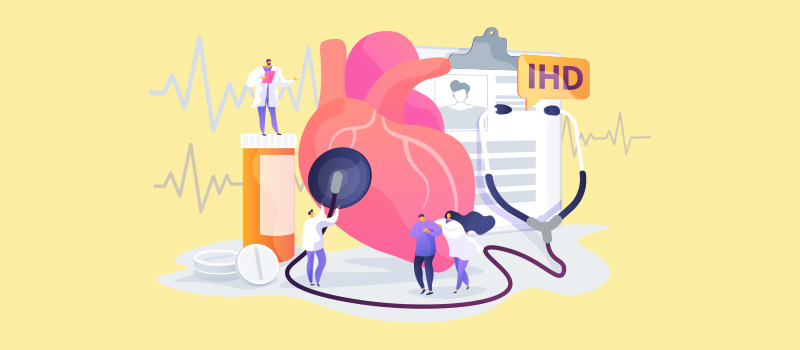

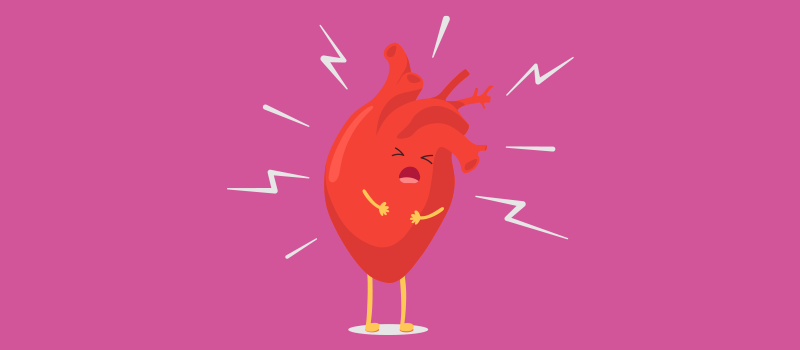
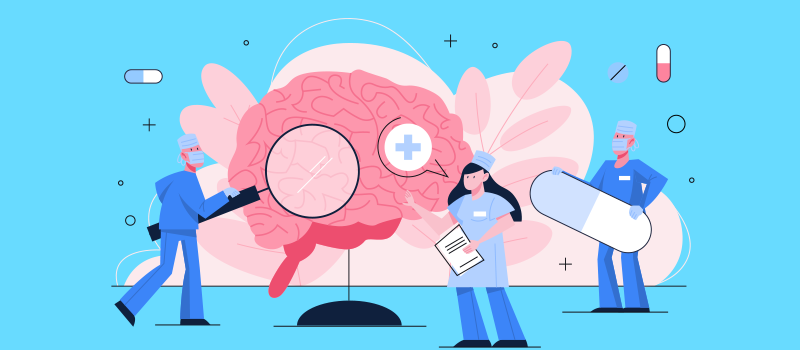
SOCIAL